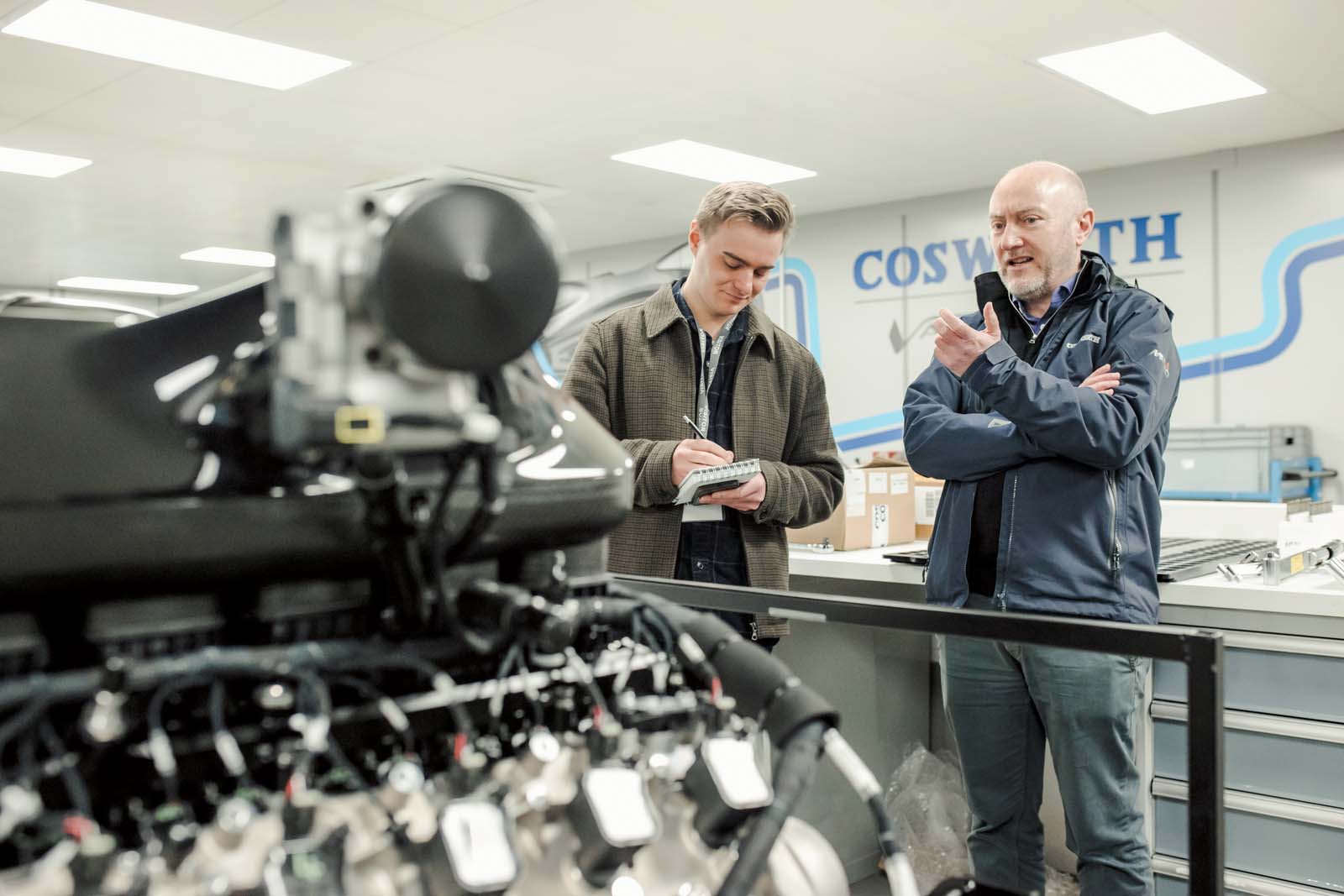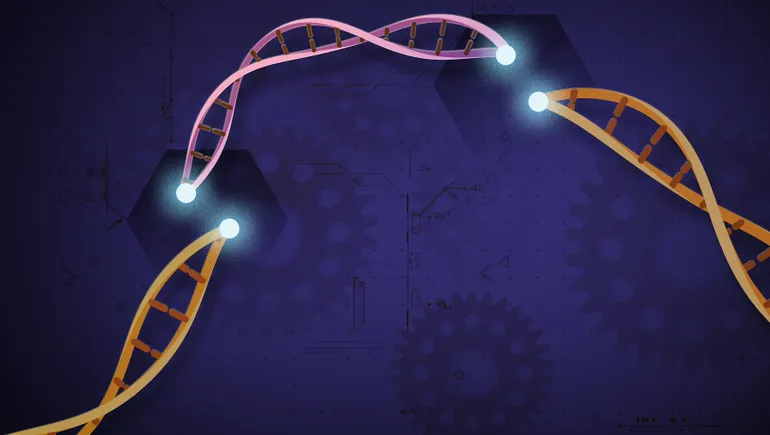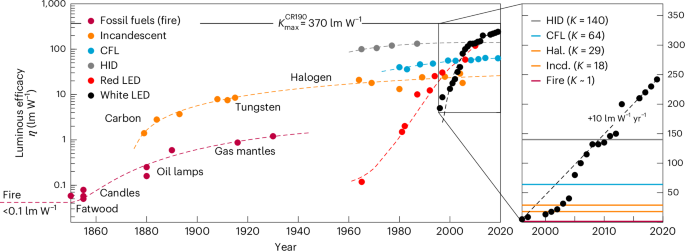Intrinsic Screening Descriptor for Organic Proton Donors to Enable Long Lifespan Aqueous Zinc||Polyaniline Batteries
Advanced Energy Materials, Volume 15, Issue 16, April 22, 2025.

Acid dissociation constant is proposed as an intrinsic descriptor for screening suitable organic proton donors to realize stable Zn ||polyaniline (PANI) batteries. Through screening, L-malic acid with a low pK
a could afford constant protons to effectively eliminate the alkaline byproducts and inhibit the PANI deprotonation. Meanwhile, the malate anions form bidentate coordination with Zn2+, thereby reconfiguring a water-deficient solvation structure and facilitating the formation of ZnCO3-rich interphase.
Abstract
The incorporation of additives into aqueous electrolytes provides substantial opportunities to mitigate dendrite formation and side reactions on zinc anodes. However, there is a lack of an effective guideline for selecting suitable electrolyte additives based on critical performance-limiting factors. Herein, the use of the acid dissociation constant (pK a) as an intrinsic descriptor for screening suitable organic proton donors is proposed to achieve highly reversible Zn||polyaniline (PANI) batteries. Experimental results and theoretical calculations reveal that L-malic acid (L-MA) with a low pK a can supply constant protons to effectively reduce the accumulation of nonconductive alkaline byproducts and address the deprotonation issue of the PANI cathode. Meanwhile, the deprotonated malate anions form bidentate coordination with Zn2+, thereby reconfiguring a water-deficient solvation structure of hydrated Zn2+ and facilitating the formation of ZnCO3-rich solid electrolyte interphase. Taking L-MA as a demonstration, Zn||Zn symmetric cells can stably cycle for over 460 h at a high depth of discharge of 80%. Additionally, the L-MA additive enables Zn||PANI full cells to retain 89% capacity after 5000 cycles. The screening principle of organic proton-donors that can simultaneously stabilize Zn anode and cathode of aqueous batteries is highlighted here.
























































































































































